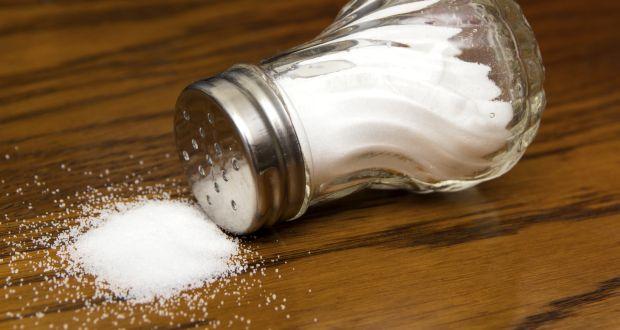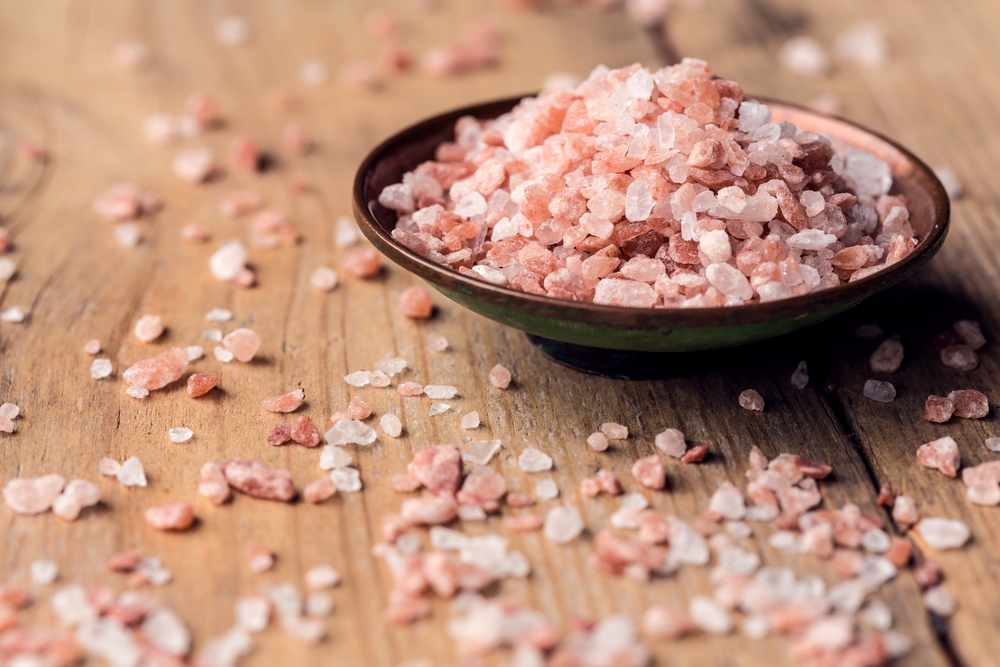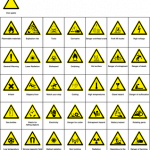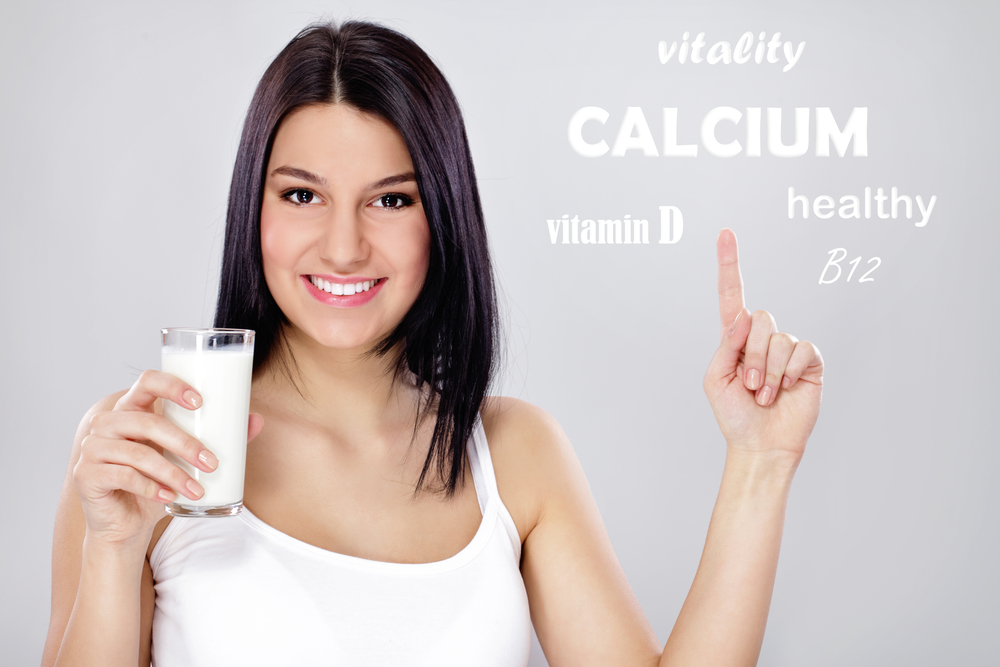Iodine is a mineral that is important for your overall health. It helps with proper thyroid function, helps regulate the metabolism, and assists with brain and bone development.
Your body does not make iodine on it’s own so you have to consume it. Most people get the daily requirement of iodine from the foods they consume. Normally you wouldn’t need to take an iodine supplement, but there are supplements available.
The easiest way that people get iodine on a daily basis is using iodized table salt.
Iodine is mostly found in animal proteins and sea vegetables. Iodine can be found in the soil and the ocean. Amounts of how much iodine is in the food can be hard to measure.
Foods that contain iodine are nori, kelp, kombu, wakame, seaweed, cod, canned tuna, oysters, shrimp, iodized table salt, milk, cheese, yogurt, eggs, beef liver, chicken, and fortified infant formula.
Adults need about 150mcg of iodine per day while children to the age of 14 range from 90-120mcg. If you are pregnant you will need about 50% more iron to help with your baby’s development in the womb.
Iodine Deficiency
Deficiencies and toxicity can occur with iodine.
Deficiencies can be very dangerous especially for pregnant women and infants. Iodine assists with the brain development in the womb. A deficiency of iodine in a pregnant women can lead to a miscarriage, still birth, stunted growth, or cognitive impairment.
In adults iodine deficiency usually causes an inadequate thyroid function. Usually causing the thyroid to be under active causing hypothyroidism.
Symptoms of a iodine deficiency are fatigue, lethargy, weakness, sensitivity to cold, constipation, dry skin, dry hair, or weight gain.
Deficiencies are common in pregnant women, vegans who don’t eat animal products, or people living in mountainous regions because of the lack of iodine in the soil.
Iodine Warnings
People who take in high amounts of iodine usually don’t see any issues. This has been found out after studying people in cultures who eat high amounts of seaweed that has high amounts of iodine in them, such as Japan or Korea.
People who suffer from an autoimmune thyroid disease may be more sensitive to receiving extra iodine. Too much iodine can also cause an overactive thyroid which can lead to hyperthyroidism. Hyperthyroidism can cause weight loss, fast or irregular heartbeat, hand tremors, irritability, fatigue, or sweating.
Iodine supplements can interact with certain medications:
- Hyperthyroidism medications should not be taken with iodine supplements.
- Angiotensin-converting enzymes should not be taken with iodine supplements either because it can increase your risk of hyperkalemia, or too much potassium in the blood.
- Potassium-sparing diuretics can also cause hyperkalemia when taken alongside iodine supplements.
- Iodine may cause warfarin or other blood thinners to not work as effectively.
- It can also interact with amiodarone causing high levels of iodine in the body.
Iodine Health Benefits
Iodine is important for thyroid health. The hormones in the thyroid gland control the metabolism and heart health among other things. Having low iodine intake can cause hypothyroidism. While having too much iodine can cause hyperthyroidism.
Hyperthyroidism may be treated using radioiodine. This is an oral medication that should only be taken when prescribed by a doctor. Radioiodine is used to reduce the extra thyroid cells. The problem with this medication is that there is a risk it may destroy too many cells which in return could cause hypothyroidism. Radioiodine is usually used when other treatments have not worked. Radioiodine may be used to help with treating thyroid cancer. Usually following a thyroidectomy a doctor will prescribe radioiodine to make sure all thyroid cells are destroyed.
Having low iodine has been shown to be linked to a goiter. A goiter is an enlarged thyroid gland. Usually adding iodine rich foods into your diet can help resolve a goiter.
Iodine is essential in fetal development. During pregnancy a woman will need about 50% more iodine in her diet than normal. Most prenatal vitamins have iodine added into them. If you still show low levels of iodine during pregnancy your doctor may want to add an iodine supplement as well. Iodine levels during pregnancy have been linked to brain development of the fetus.
Even a mild deficiency may have long term effects on the child that aren’t reversed during childhood years even if they receive enough iodine. Iodine intake while breastfeeding is also important. If you aren’t breastfeeding, fortified infant formulas usually have iodine added into them. An infant needs 110 mcg of iodine per day until they are 6 months.
Iodine may also help with Fibrocystic breast disease. This is a condition that affects mostly women who are in their reproductive age. It causes painful breast lumps. It is non-cancerous but can be very unpleasant. Iodine can be used as a treatment to help shrink the lumps as well as reduce pain.
Iodine can also help disinfect water. If there is a natural disaster where you are unable to get clean water there are iodine tablets that can help disinfect water and make it suitable to drink.
It can also help treat mild lacerations. Iodine in liquid form can be poured over a wound. It helps kill the bacteria that is in and around a mild laceration. Don’t use iodine on newborns. Also don’t use iodine for treating deep cuts, animal bites, or burns.
Takeaway
Iodine is an essential mineral that helps with the function of the thyroid. It is important for newborn development.
Daily requirements are usually met with foods in your diet. Deficiencies and toxicity can occur with iodine. It is important to know its adverse interactions it can have with certain medications before taking a supplement. Supplements may help with treatment of certain conditions.
Getting enough iodine is critical for fetal development and thyroid function! Are you getting enough? #HealthSurgeon
Sources:
https://www.webmd.com/diet/health-benefits-iodine#1
https://www.hsph.harvard.edu/nutritionsource/iodine/
https://www.healthline.com/health/iodine-uses#takeaway
https://www.verywellhealth.com/benefits-of-iodine-4570996
https://www.medicalnewstoday.com/articles/288471#other-uses-of-iodine









